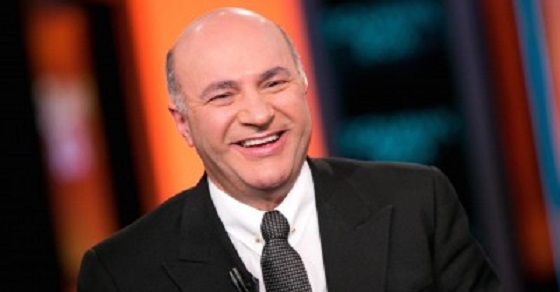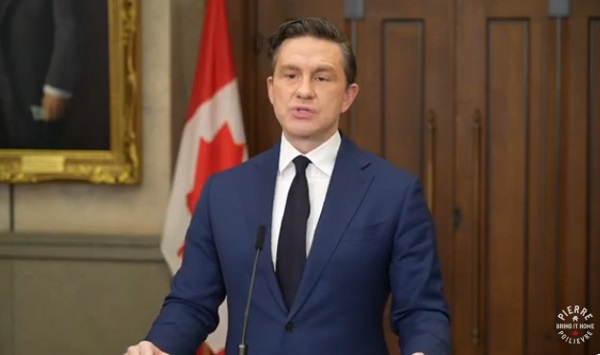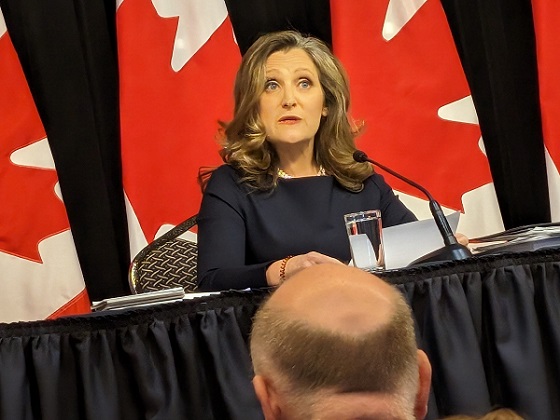National
Time for an election! NDP Leader Jagmeet Singh says it’s over for Trudeau
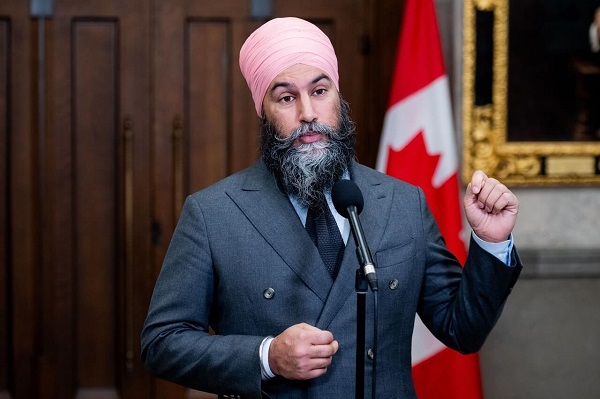
Canadians will be heading to the polls soon. The only question is when!
NDP Leader Jagmeet Singh has given in to the overwhelming public outcry for a federal election that will presumably punish Justin Trudeau and the Liberal Party for years of higher taxes and higher living expenses.
Here’s the letter Singh published Friday to X with this short statement:
” Justin Trudeau failed in the biggest job a Prime Minister has: to work for people, not the powerful. The NDP will vote to bring this government down, and give Canadians a chance to vote for a government who will work for them. “

Alberta
Free Alberta Strategy trying to force Trudeau to release the pension calculation
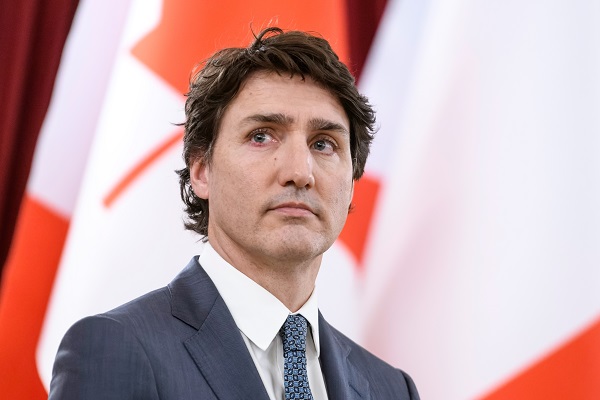

Just over a year ago, Alberta Finance Minister Nate Horner unveiled a report exploring the potential risks and benefits of an Alberta Pension Plan.
The report, prepared by pension analytics firm LifeWorks – formerly known as Morneau Shepell, the same firm once headed by former federal Finance Minister Bill Morneau – used the exit formula outlined in the Canada Pension Plan Act to determine that if the province exits, it would be entitled to a large share of CPP assets.
According to LifeWorks, Alberta’s younger, predominantly working-class population, combined with higher-than-average income levels, has resulted in the province contributing disproportionately to the CPP.
The analysis pegged Alberta’s share of the CPP account at $334 billion – 53% of the CPP’s total asset pool.
We’ve explained a few times how, while that number might initially sound farfetched, once you understand that Alberta has contributed more than it’s taken out, almost every single year CPP has existed, while other provinces have consistently taken out more than they put in and technically *owe* money, it starts to make more sense.
But, predictably, the usual suspects were outraged.
Media commentators and policy analysts across the country were quick to dismiss the possibility that Alberta could claim such a significant portion. To them, the idea that Alberta workers had been subsidizing the CPP for decades seemed unthinkable.
The uproar prompted an emergency meeting of Canada’s Finance Ministers, led by now-former federal Finance Minister Chrystia Freeland. Alberta pressed for clarity, with Horner requesting a definitive number from the federal government.
Freeland agreed to have the federal Chief Actuary provide an official calculation.
If you think Trudeau should release the pension calculation, click here.
Four months later, the Chief Actuary announced the formation of a panel to “interpret” the CPP’s asset transfer formula – a formula that remains contentious and could drastically impact Alberta’s entitlement.
(Readers will remember that how this formula is interpreted has been the matter of much debate, and could have a significant impact on the amount Alberta is entitled to.)
Once the panel completed its work, the Chief Actuary promised to deliver Alberta’s calculated share by the fall. With December 20th marking the last day of fall, Alberta has finally received a response – but not the one it was waiting for:
“We received their interpretation of the legislation, but it did not contain a number or even a formula for calculating a number,” said Justin Brattinga, Horner’s press secretary.
In other words, the Chief Actuary did the complete opposite of what they were supposed to do.
The Chief Actuary’s job is to calculate each province’s entitlement, based on the formula outlined in the CPP Act.
It is not the Chief Actuary’s job to start making up new interpretations of the formula to suit the federal government’s agenda.
In fact, the idea that the Chief Actuary spent all this time working on the issue, and didn’t even calculate a number is preposterous.
There’s just no way that that’s what happened.
Far more likely is that the Chief Actuary did run the numbers, using the formula in the CPP Act, only for them – and the federal government – to realize that Alberta’s LifeWorks calculation is actually about right.
Cue panic, a rushed attempt to “reinterpret” the formula, and a refusal to provide the number they committed to providing.
In short, we simply don’t believe that the Chief Actuary didn’t, you know, “actuarialize” anything.
For decades, Alberta has contributed disproportionately to the CPP, given its higher incomes and younger population.
Despite all the bluster in the media, this is actually common sense.
A calculation reflecting this reality would not sit well with other provinces, which have benefited from these contributions.
By withholding the actual number, Ottawa confirms the validity of Alberta’s position.
The refusal to release the calculation only adds fuel to the financial firestorm already underway in Ottawa.
Albertans deserve to know the truth about their contributions and entitlements.
We want to see that number.
If you agree, and want to see the federal government’s calculation on what Alberta is owed, sign our petition – Tell Trudeau To Release The Pension Calculation:
Once you’ve signed, send this petition to your friends, family, and all Albertans.
Thank you for your support!
Regards,
The Free Alberta Strategy Team
COVID-19
Former Trudeau minister faces censure for ‘deliberately lying’ about Emergencies Act invocation
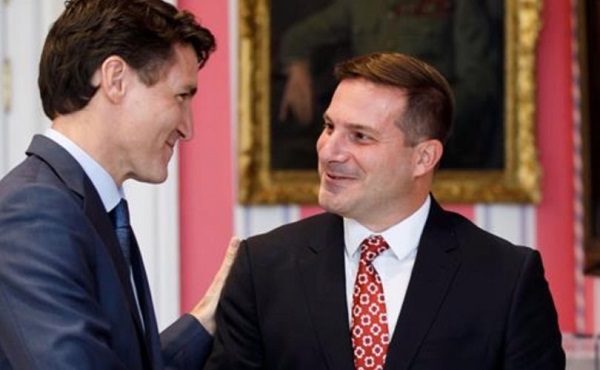
From LifeSiteNews
By Christina Maas of Reclaim The Net
Trudeau’s former public safety minister, Marco Mendicino, finds himself at the center of controversy as the Canadian Parliament debates whether to formally censure him for ‘deliberately lying’ about the justification for invoking the Emergencies Act.
Trudeau’s former public safety minister, Marco Mendicino, finds himself at the center of controversy as the Canadian Parliament debates whether to formally censure him for “deliberately lying” about the justification for invoking the Emergencies Act and freezing the bank accounts of civil liberties supporters during the 2022 Freedom Convoy protests.
Conservative MP Glen Motz, a vocal critic, emphasized the importance of accountability, stating, “Parliament deserves to receive clear and definitive answers to questions. We must be entitled to the truth.”
The Emergencies Act, invoked on February 14, 2022, granted sweeping powers to law enforcement, enabling them to arrest demonstrators, conduct searches, and freeze the financial assets of those involved in or supported, the trucker-led protests. However, questions surrounding the legality of its invocation have lingered, with opposition parties and legal experts criticizing the move as excessive and unwarranted.
On Thursday, Mendicino faced calls for censure after Blacklock’s Reporter revealed formal accusations of contempt of Parliament against him. The former minister, who was removed from cabinet in 2023, stands accused of misleading both MPs and the public by falsely claiming that the decision to invoke the Emergencies Act was based on law enforcement advice. A final report on the matter contradicts his testimony, stating, “The Special Joint Committee was intentionally misled.”
Mendicino’s repeated assertions at the time, including statements like, “We invoked the Emergencies Act after we received advice from law enforcement,” have been flatly contradicted by all other evidence. Despite this, he has yet to publicly challenge the allegations.
The controversy deepened as documents and testimony revealed discrepancies in the government’s handling of the crisis. While Attorney General Arif Virani acknowledged the existence of a written legal opinion regarding the Act’s invocation, he cited solicitor-client privilege to justify its confidentiality. Opposition MPs, including New Democrat Matthew Green, questioned the lack of transparency. “So you are both the client and the solicitor?” Green asked, to which Virani responded, “I wear different hats.”
The invocation of the Act has since been ruled unconstitutional by a federal court, a decision the Trudeau government is appealing. Critics argue that the lack of transparency and apparent misuse of power set a dangerous precedent. The Justice Centre for Constitutional Freedoms echoed these concerns, emphasizing that emergency powers must be exercised only under exceptional circumstances and with a clear legal basis.
Reprinted with permission from Reclaim The Net.
-
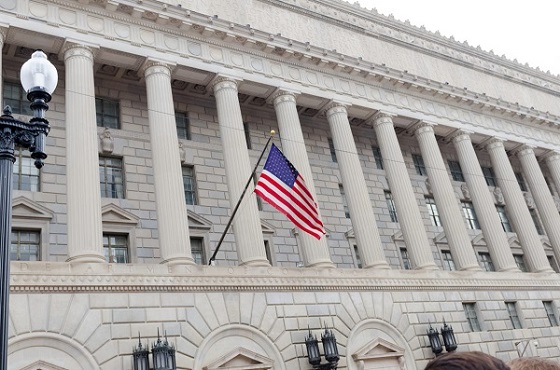
 Business10 hours ago
Business10 hours agoSenator Introduces Bill To Send One-Third Of Federal Workforce Packing Out Of DC
-

 Alberta1 day ago
Alberta1 day agoFederal taxes increasing for Albertans in 2025: Report
-
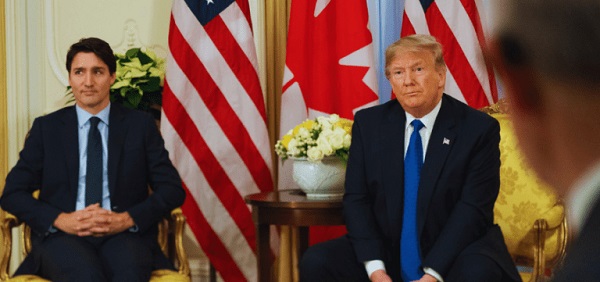
 Business1 day ago
Business1 day agoCanada needs to get serious about securing its border
-
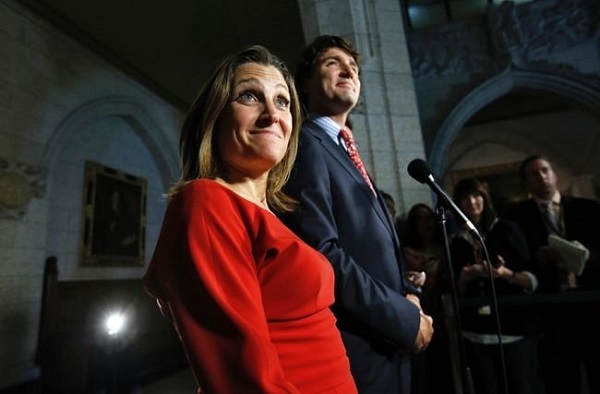
 Bruce Dowbiggin21 hours ago
Bruce Dowbiggin21 hours agoHero Or Villain: How Chrystia Freeland Wears Both Masks
-

 Business2 days ago
Business2 days agoDeclining Canadian dollar could stifle productivity growth in Canada
-

 COVID-191 day ago
COVID-191 day agoChildren who got COVID shots more likely to catch the virus than those who didn’t, study finds
-
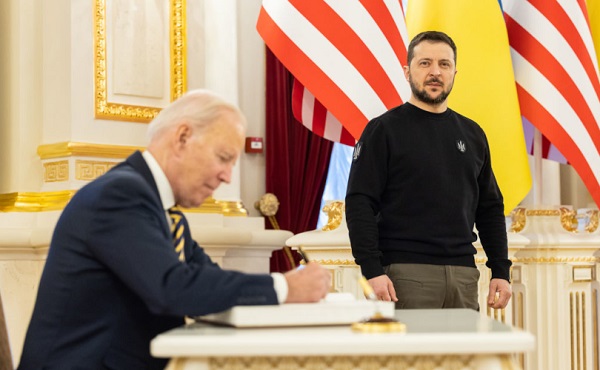
 conflict2 days ago
conflict2 days agoSending arms to Ukraine is unnecessarily placing American lives in danger
-

 Health23 hours ago
Health23 hours agoTrump doubles down on using RFK Jr. to study possible link between vaccines and autism

